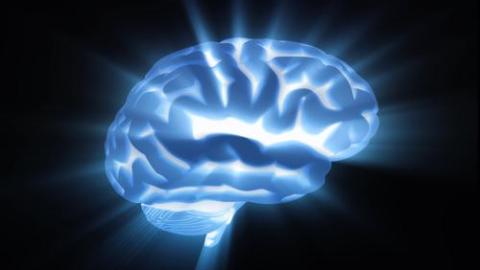How Neuroscience Could Spoil Our Sense of Justice

What’s the Latest Development?
Greater scientific literacy is urgently needed given the increasing influence neuroscientific studies have over our legal system, sometimes determining the extent of a suspect’s culpability. Several years ago, when a pair of psychologists presented a group of people with psychological motivations for a crime (such as suffering from child abuse) as well as biological causes (such as an imbalance of neurotransmitters), “participants…were much more likely, given a protagonist with a brain characteristic, to view the behavior as ‘automatic’ rather than ‘motivated,’ and to view the behavior as unrelated to the protagonist’s character.”
What’s the Big Idea?
At the level of brain chemistry, all psychological motivations are caused by biological states, but let’s not throw the baby out with the bathwater. Assessing a person’s motivations for an act is essential to upholding concepts like individual responsibility, which form the basis of our justice system. We must insist on asking after the relationship between cause and effect: “If, hypothetically, only 1 percent of people with a brain malfunction (or a history of being abused) commit violence, ordinary considerations about blame would still seem relevant. But if 99 percent of them do, you might start to wonder how responsible they really are.” For justice to function, we must overcome the allure of neuroscientific explanations.
Photo credit: Shutterstock.com





